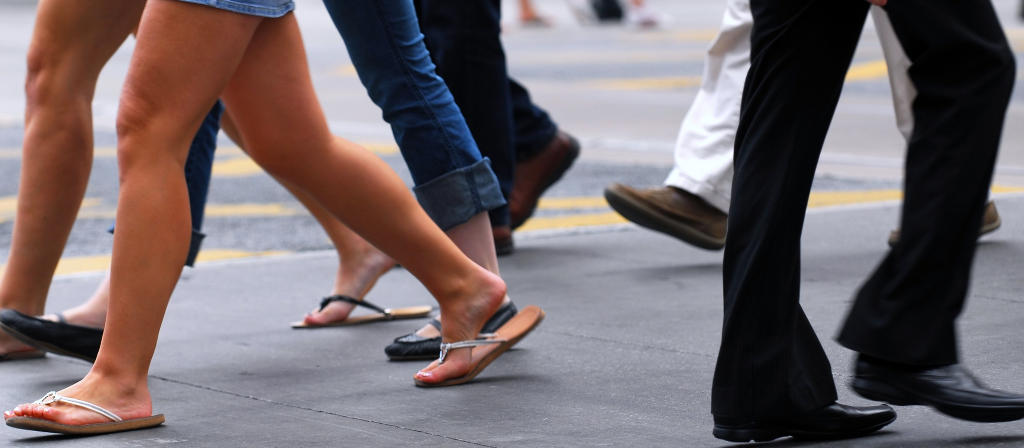By Dr Ronan Brady and Dr Ronan Kearney

This years Irish FSEM 14th annual scientific conference ‘Exercise Medicine and Physical Activity for Health’ proved to be both informative and thought provoking. No doubt attendees garnered newfound knowledge to inform their clinical practice. For those that were unable to attend, let us highlight some key messages from the conference’s keynote speakers.

Prof. Donal O’Shea (Clinical Professor of Medicine University College Dublin and Consultant Endocrinologist) opened the conference by explaining to us the cellular level immunological changes associated with obesity. Prof. O’Shea raised a disturbing thought that obesity drives further obesity through immune system dysfunction. However, he also reassured us that physical activity reverses many of the immune defects induced by obesity. For example, fatty infiltration of the immune system dampens natural killer (NK) cells effectiveness. Exercise has been shown to increase both the number and activity of NK cells and reduces mitochondrial stress in the NK cell. Exercise works in way many of us had never realised before.
Prof. Paul Thompson (Chief of Cardiology, Hartford Hospital, USA, and Past President of the American College of Sports Medicine) controversially split the audience with his statement that ECG screening may cost lives. He explained with expert opinion there still remains a significant false positive rate with ECG screening in athletes. Instead he advocates that we focus our efforts on our clinical history and examination paying particular attention to relevant symptoms rowing back from the focus on diagnostics. Instead, he promotes bystander CPR training for coaches and players to save lives.
Prof. Thompson also questioned whether there were deleterious cardiac effects from prolonged endurance exercise. He highlighted the quantity of exercise need to obtain maximum health benefit is not running a marathon however paradoxically he noted that in fact endurance athletes routinely lived longer.
Prof. Ulf Ekelund (Professor in Physical Activity and Health, Olso, Norway) addressed the physical inactivity “pandemic”. He questioned whether physical activity can prevent obesity in childhood. Surprisingly he noted that physical activity interventions are not associated with BMI changes in children. This supported previous assertions that “you cannot outrun a bad diet”. This provoked numerous comments from the audience whereby BMI was questioned as a valid measure for childhood health.
Prof. Ekelund also introduced the topic of sitting being the new smoking. He declared if we could increase physical activity levels by 25%, 1.3 million deaths would be avoided worldwide due to a direct reduction in conditions such as T2DM, cardiac disease, breast and colon cancer. Simply sit less, move more, the more the better!
These are just a snippet of highlights from the entire conference. There were numerous other intriguing talks on a wide variety of topics including Exercise Medicine, Exercise and Population Health, Exercise in Rehabilitation and Treatment and Sports and Exercise Science. This conference represents a synergy between medical, physiotherapy and athletic therapy colleagues that leads the way for future cross-disciplinary collaboration.
************************